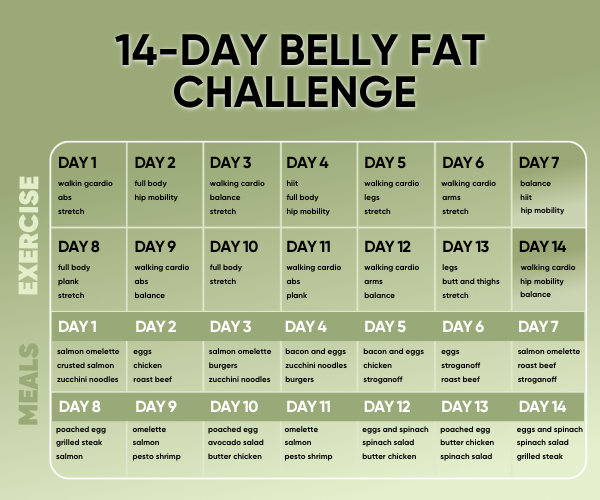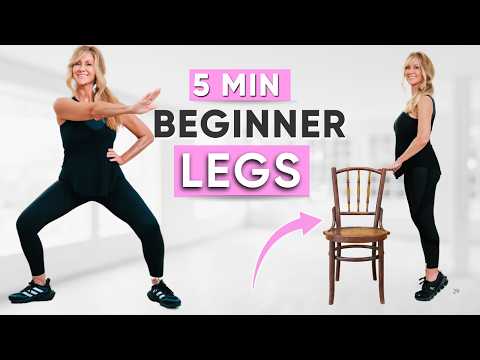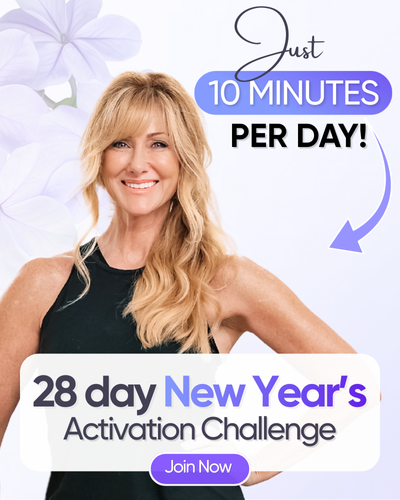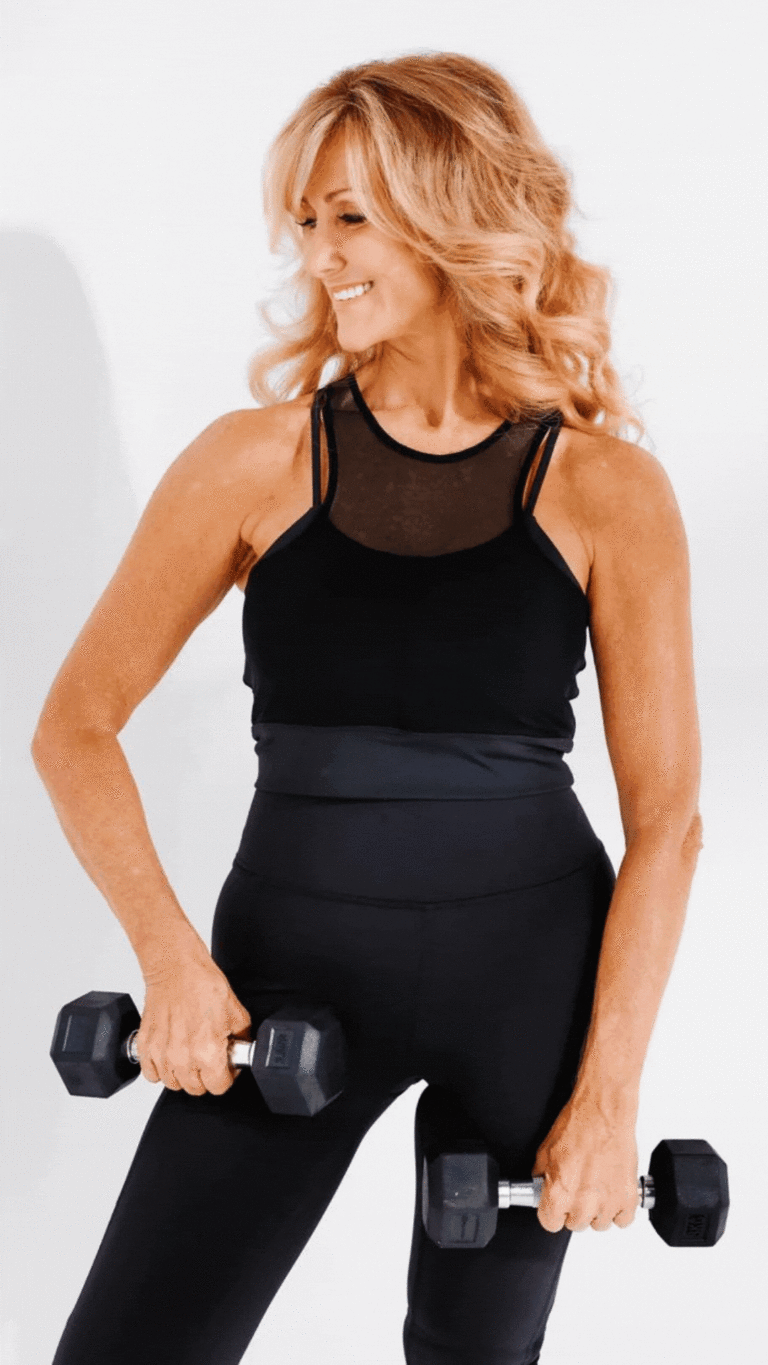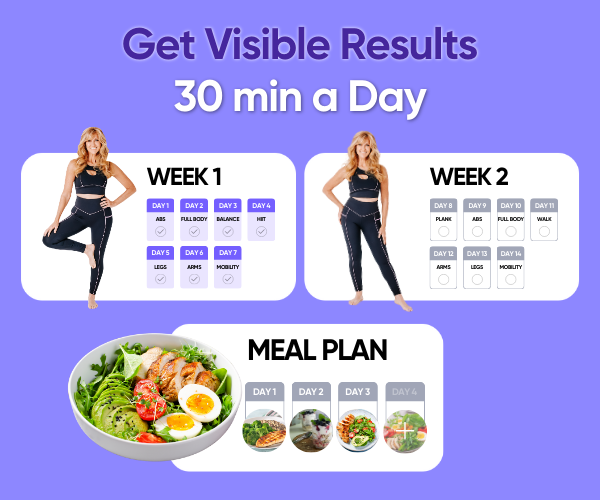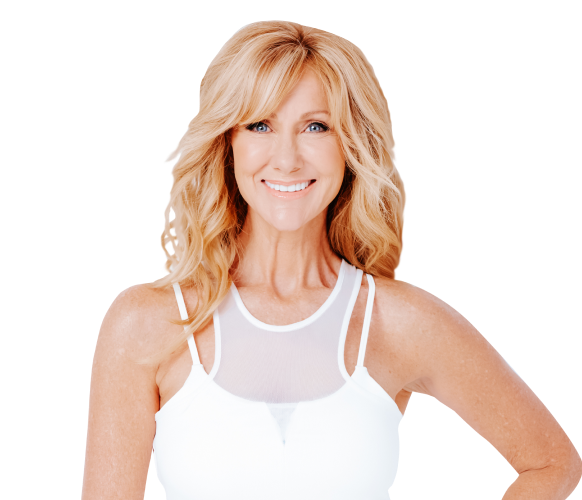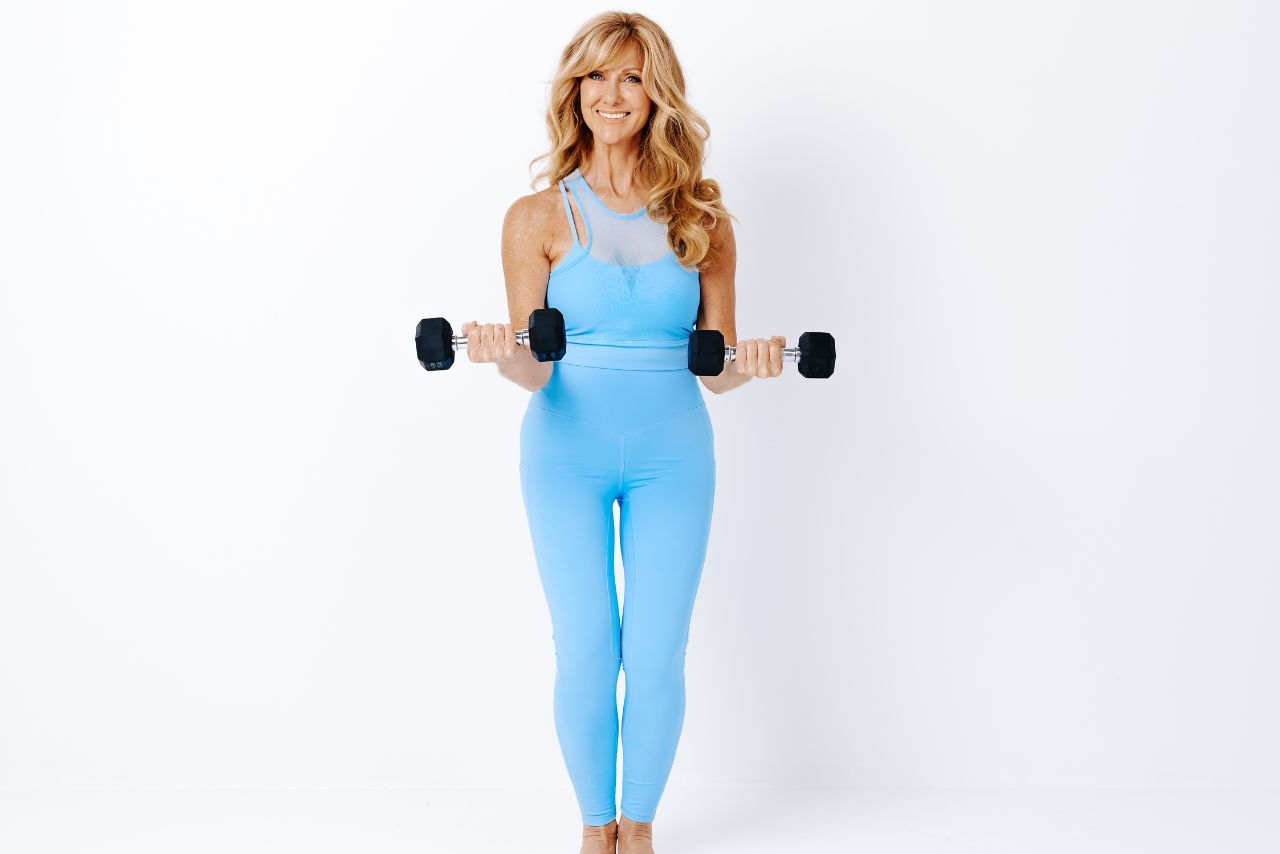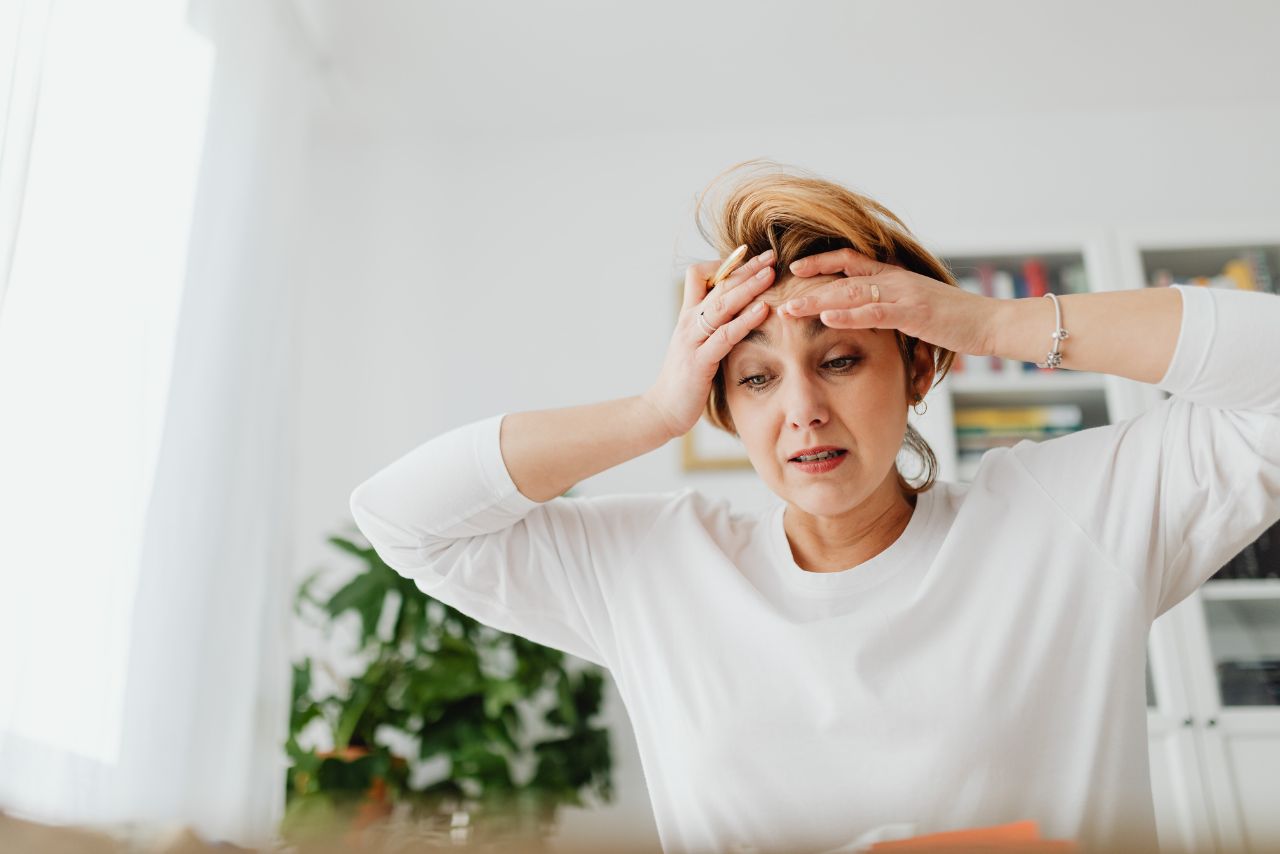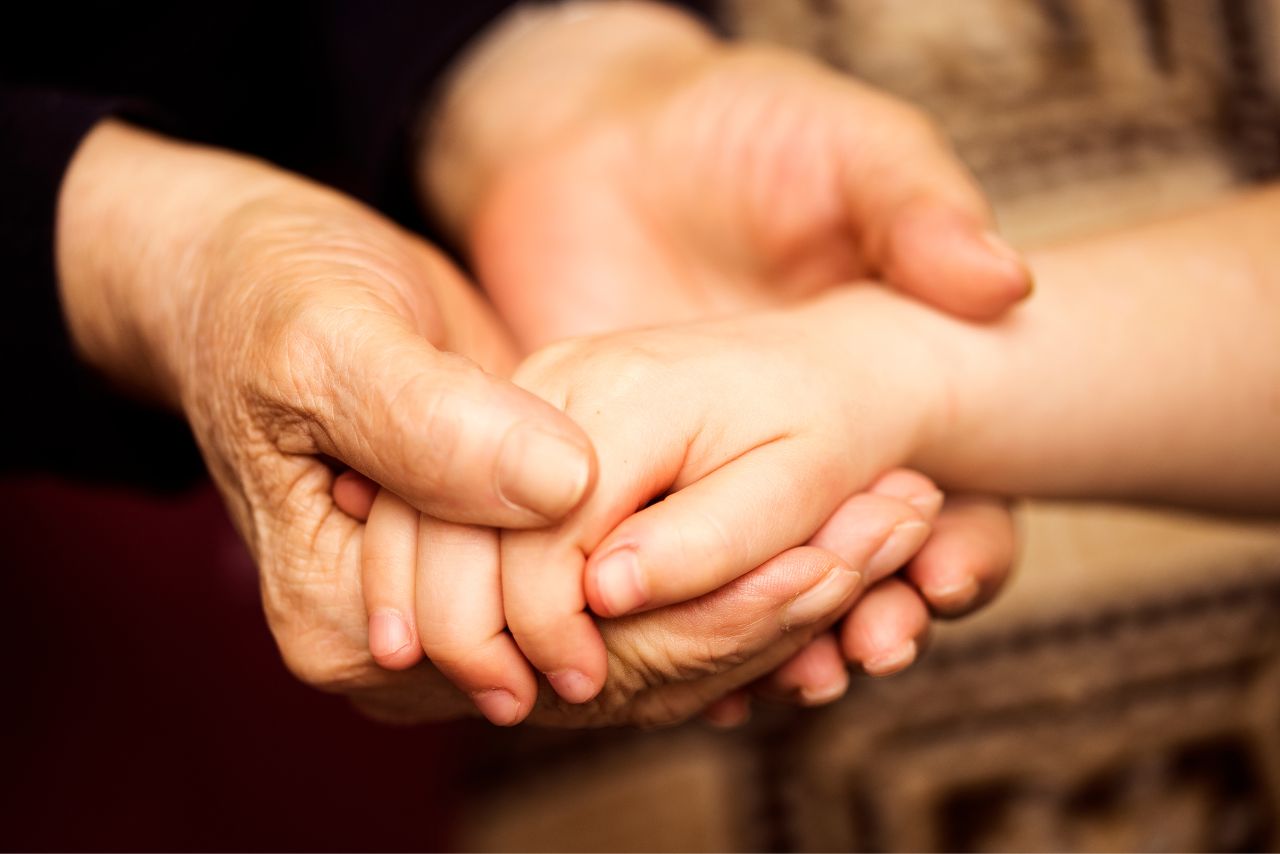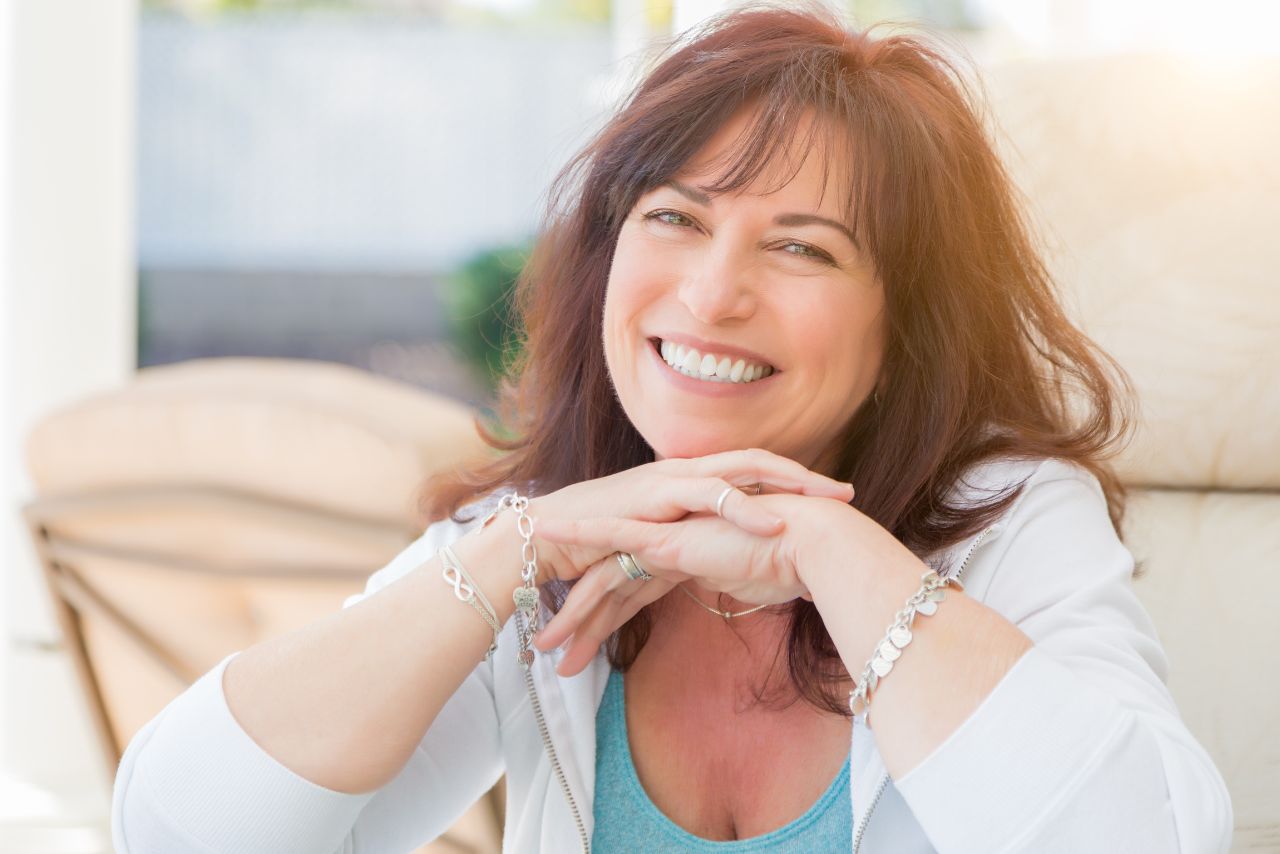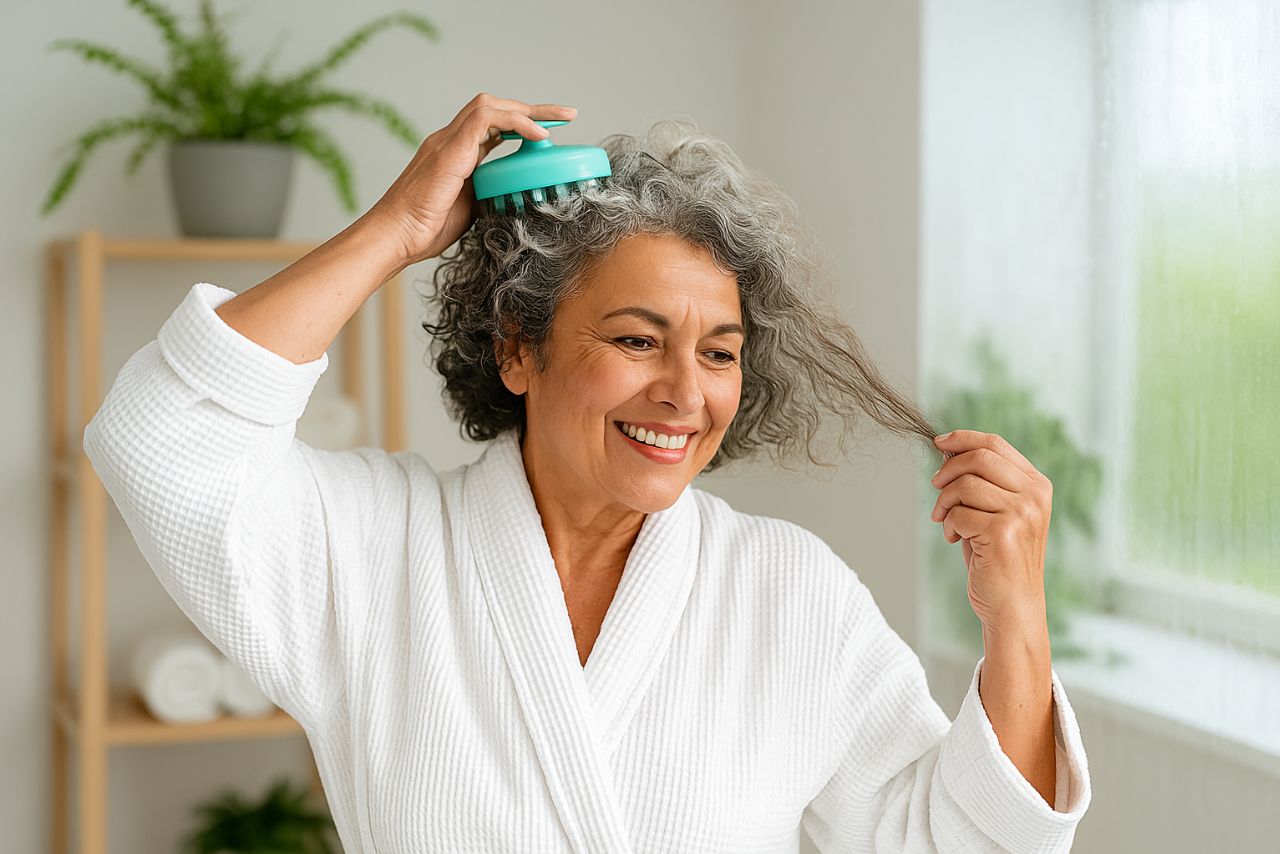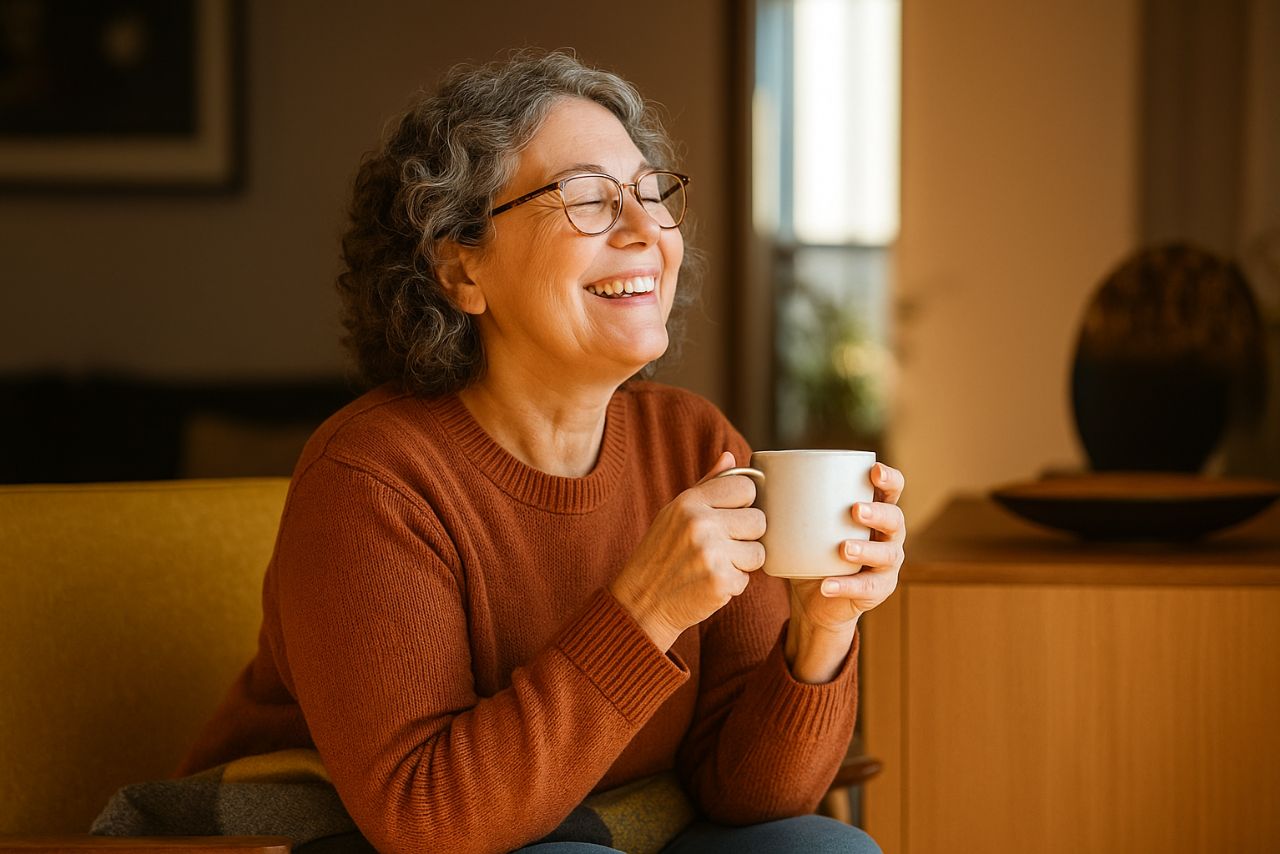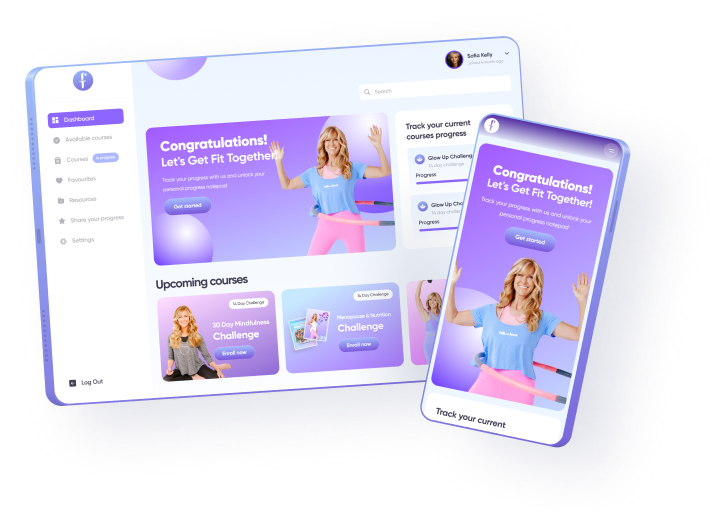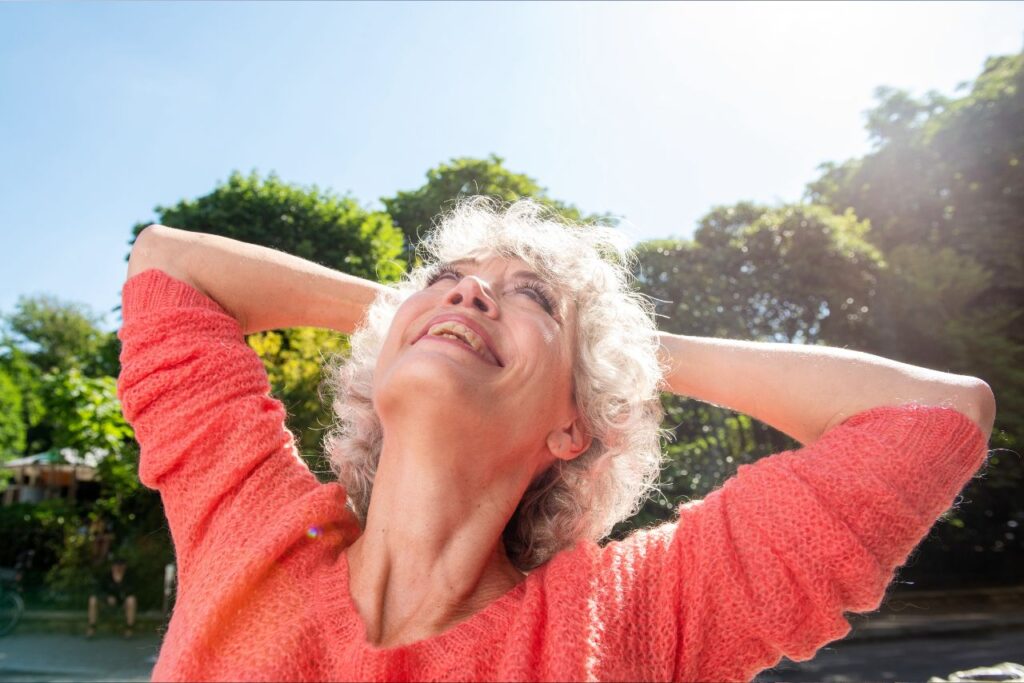
Vitamin D stands out as one of the many vitamins that are important for staying healthy as we age. This essential nutrient is called the “sunshine vitamin” because the body synthesizes it in sunlight.
Vitamin D supports many bodily functions and processes in women over 50. A true ally in healthy aging, this vitamin strengthens bones and supports immune function.
Being aware of how important it is is the first step toward living a life that puts your long-term health and vitality first.
What is Vitamin D?
Vitamin D is a fat-soluble vitamin that your bones and teeth need to stay healthy. It also helps the brain, nervous system, and immune system.
Vitamin D comes in two main forms: D2 (ergocalciferol) and D3 (cholecalciferol). D2 comes from plants and foods that have been added to them.
D3 is made in the skin when it is exposed to sunlight and can also be found in foods that come from animals. It is generally considered more effective and better absorbed by the body.
Vitamin D is The Healthy Aging Dose
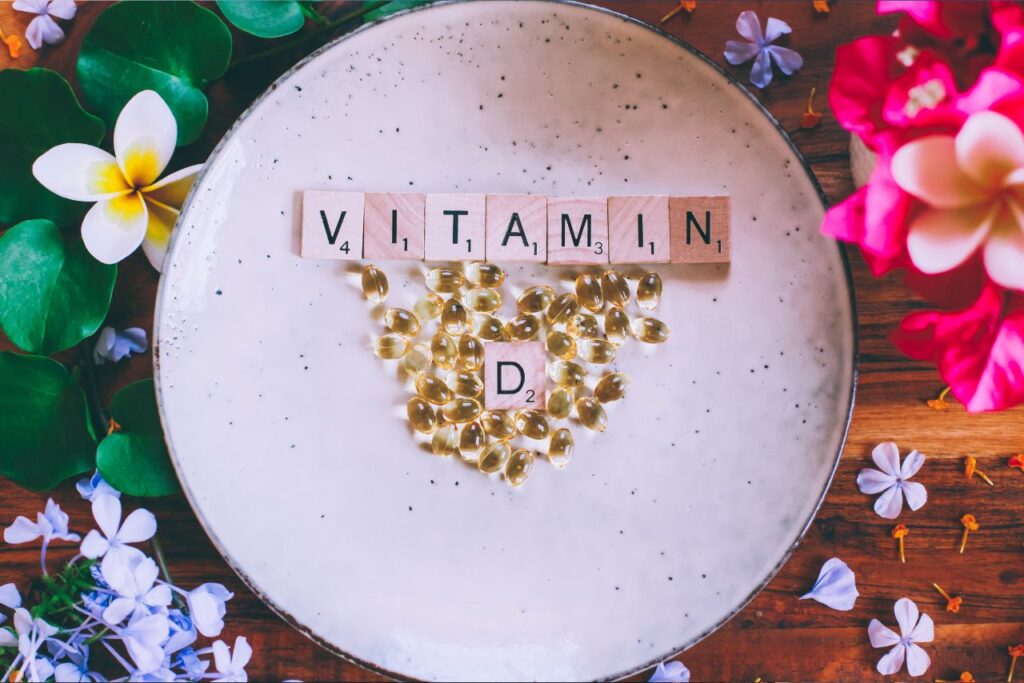
Vitamin D is great for bone health, but it might also help our genes. A study of 1,600 people found that those with low Vitamin D levels in their blood were “biologically older” than those with enough Vitamin D. This means they aged faster.
Additionally, the chromosomes, which organize DNA, looked younger in people with adequate Vitamin D levels (30-100 ng/mL). So, Vitamin D might help slow down aging.
Let’s take a look at why vitamin D is a healthy aging dose for women over 50:
Vitamin D for bone health
Vitamin D is needed for the body to absorb calcium, which is important for keeping bones strong. When you do not get enough vitamin D, our body takes it from our bones. That’s why the bones may get weak, break easily, or change shape.
Vitamin D helps our gut absorb calcium from food, which keeps our bones strong. If we don’t get enough calcium, our body takes it from our bones. Studies show that older adults who take 400 to 800 units of Vitamin D daily lower their risk of broken bones. This is crucial because women over 50 are at higher risk of serious injuries, like hip fractures, which can be life-threatening.
Vitamin D can help women over 50 avoid osteoporosis, a disease that causes porous, breakable bones, which is common in menopausal women.
Vitamin D and muscle function
As women get older, they often worry about losing strength and falling more often. Vitamin D affects how muscles work, and getting enough of it can help keep muscles strong.
It prevents muscle weakness, which reduces the risk of falls and broken bones, which are harmful to women over 50.
Vitamin D’s impact on the immune system
Vitamin D is known to make monocytes and macrophages, which are white blood cells that are important parts of your immune system, better at fighting pathogens and reducing inflammation.
A strong immune system is important for women over 50 to avoid getting sick and infections, which is why vitamin D is an important part of immune health.
Vitamin D and cardiovascular health
Vitamin D may help lower the risk of heart disease, according to a number of studies. It helps keep blood pressure in check, makes arteries work better, and lowers the risk of getting high blood pressure.
Keeping up with cardiovascular health is very important for women over 50 who want to avoid heart disease, which is the main cause of death in this age group.
Mental health benefits
It has been found that vitamin D can help your mental health, especially by lowering your risk of depression.
It may change the amount of serotonin in the brain, which is a neurotransmitter that affects mood.
As we age, it is also important to keep our minds sharp, and having enough vitamin D is linked to better cognitive function.
Vitamin D and weight management
As you get older, it gets harder to keep a healthy weight because your metabolism slows down. Vitamin D helps keep your metabolism in check and can help you keep your weight in check.
It can improve insulin function and fat burning in women over 50 who want to maintain a healthy weight.
Studies show that a higher body mass index and body fat percentage are linked to lower vitamin D levels. This may be because obese women consume fewer vitamin D-rich foods, expose less skin to sunlight, and have different levels of enzymes needed to convert vitamin D into its active form, indicating that their vitamin D needs depend on body size.
Sources of Vitamin D For Healthy Aging
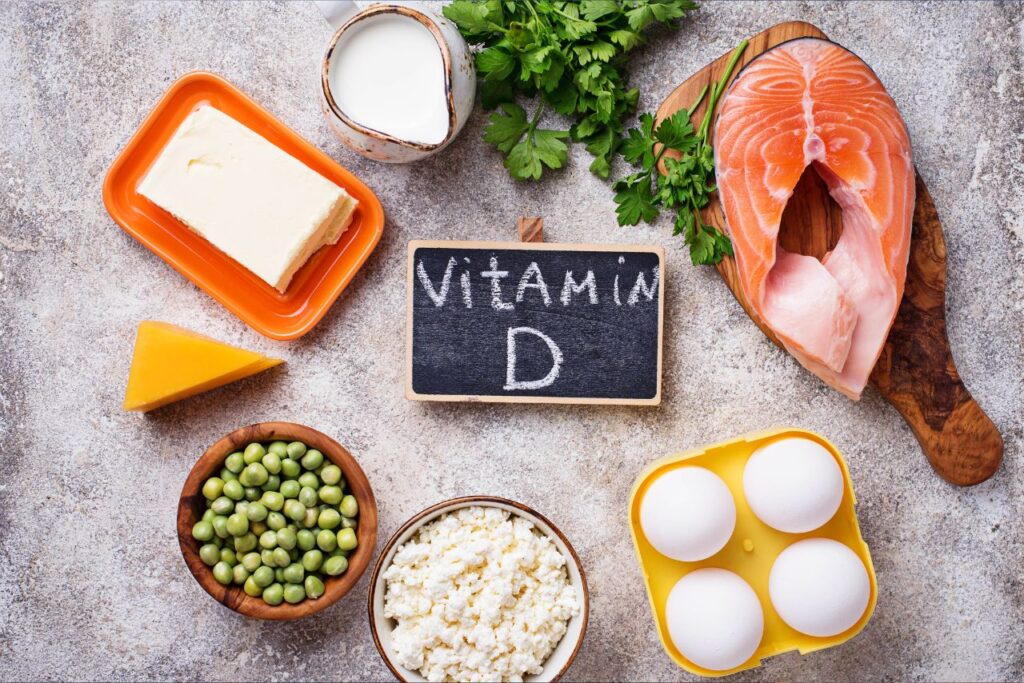
It can be hard to get enough vitamin D, but here are some sources:
Sunlight Exposure
When the skin is exposed to UVB rays from the sun, it makes vitamin D. Getting 10 to 30 minutes of midday sun a few times a week can help keep levels at a good level.
Dietary Sources
Good sources include liver, egg yolks, fatty fish (salmon, mackerel, and sardines), and fortified foods (milk, orange juice, and cereals).
Supplements
Taking vitamin D supplements is a good way to make sure you get enough, especially for people who do not get much sun or have food restrictions.
READ ALSO: 10 Best Anti-Aging Supplements For Women Over 50
How Much Vitamin D Do Women Over 50 Need?
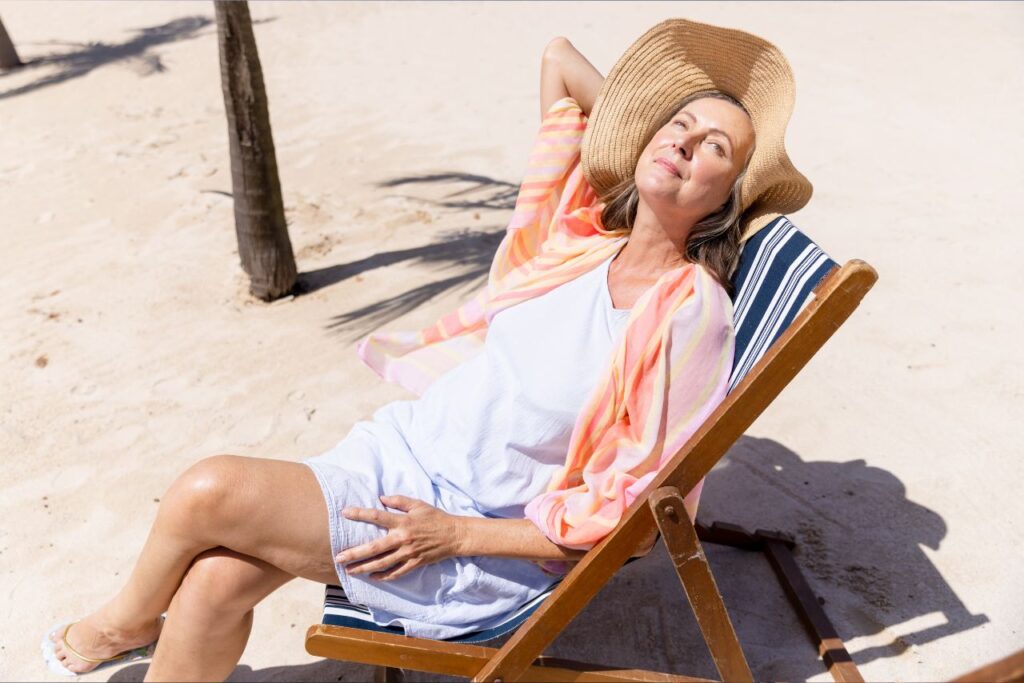
The daily value (RDA) for vitamin D varies, but women over 50 should try to get between 600 and 800 IU every day. The amount needed can change depending on where you live, the color of your skin, and your health conditions, so it is best to talk to a doctor or nurse at your local clinic.
For people who do not get much sun or who have medical conditions that make it hard for the body to absorb or use vitamin D, doctors may suggest higher doses, usually between 1,000 and 4,000 IU per day.
But don’t take too much Vitamin D because it can cause harmful calcium buildup in your kidneys, heart, blood, and lungs. The National Institutes of Health says the safe upper limit is 4,000 IU a day.
Keep in mind that these suggestions are just suggestions; everyone has different needs. Check with your doctor to find out the right dose for you based on things like the results of your blood tests, how much sun you get, and your overall health.
Signs of Vitamin D Deficiency
Vitamin D deficiency can show up in a number of ways, such as:
- Fatigue and general tiredness
- Bone pain and lower back pain
- Muscle weakness and cramps
- Mood changes, such as depression
- Frequent infections
Long-term deficiency can cause more serious health problems, like osteoporosis and heart disease.
Testing for Vitamin D Levels
Getting a blood test is the best way to find out if you might not be getting enough Vitamin D. The test checks for 25-hydroxyvitamin D, which is the form of vitamin D that is in your blood. You and your doctor can make better decisions about your Vitamin D intake if you know the results of your tests.
Vitamin D Supplements for Women Over 50
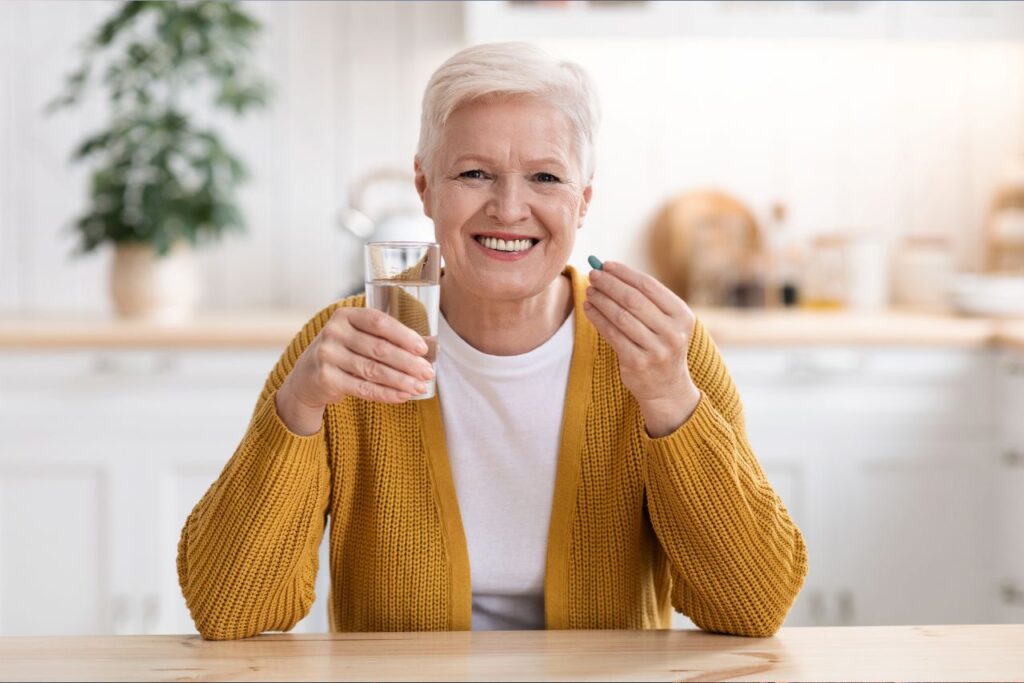
Vitamin D can be found naturally in food and sunlight, but supplements can help make sure you get enough. D2 (ergocalciferol) and D3 (cholecalciferol) are the two main types of vitamin D supplements. Vitamin D3 works better and is absorbed better most of the time. The right dosage depends on age, sun exposure, and health, so talk to a doctor.
Vitamin D supplements may contain calcium or vitamin K to aid absorption. Choose a supplement from a reputable company that has third-party testing done and adheres to quality standards.
You can take these supplements with or without food, at any time of the day. Remember, though, that supplements should not take the place of a healthy diet and way of life. Before starting a new supplement routine, you should always talk to your doctor.
Recommended Vitamin D Supplements
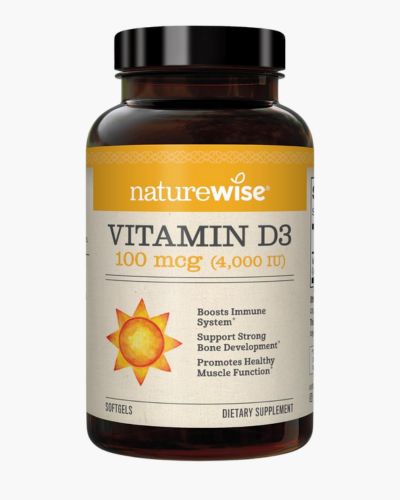
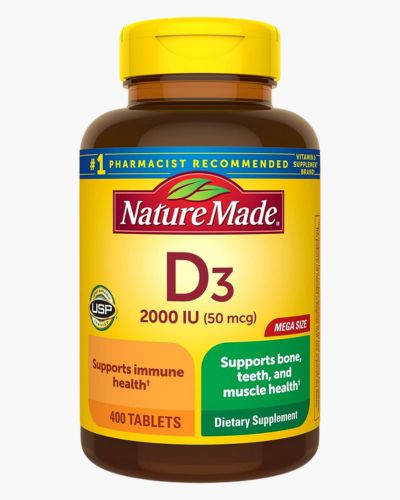
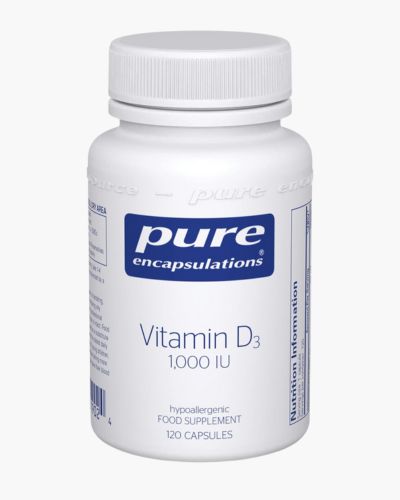
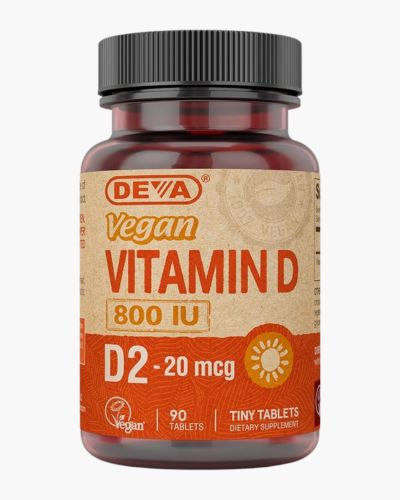
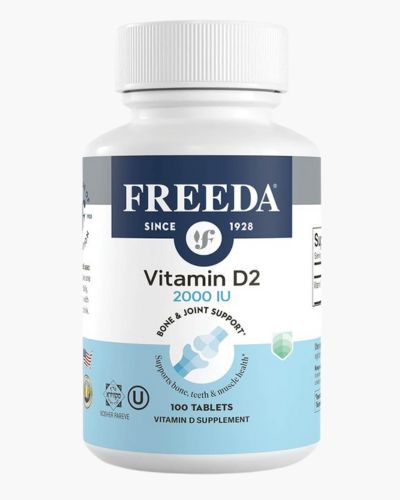
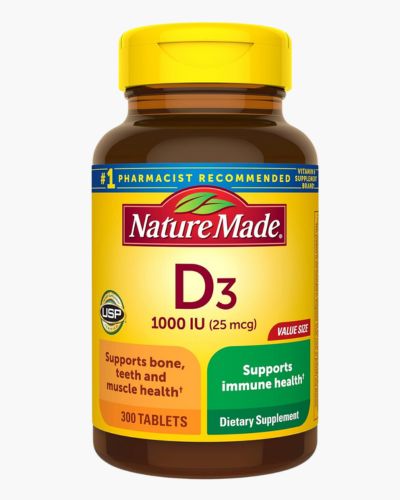
Vitamin D supplementation precautions
Vitamin D supplements can be helpful for women over 50, but it’s important to be aware of some risks. Too much vitamin D can be toxic and cause sickness, vomiting, and problems with the kidneys. Do not take more than 4,000 IU per day, as this is the most important thing to remember.
Additionally, vitamin D can affect medicines such as corticosteroids and some weight-loss drugs, so it is best to talk to a doctor before starting any supplements.
Women who have certain health problems, like kidney disease or hyperparathyroidism, may need to pay more attention to how much vitamin D they take in.
Sunlight is good for you because it helps your body make vitamin D. But too much sun can make you more likely to get skin cancer, so be careful in the sun. Getting your blood checked regularly can help make sure that your vitamin D levels are right.
You can safely take vitamin D supplements as long as you know these safety tips and work with your doctor.
Closing Thoughts
There is no doubt that women over 50 need to get enough vitamin D for healthy aging. It has many health benefits, such as keeping bones and muscles healthy and increasing mental and immune health.
You can help your body age in a healthier and more vibrant way by learning about the common risk factors for vitamin D deficiency and taking steps to get enough vitamin D through food, sunlight, and supplements (if needed).
As you get older, ensure you get enough vitamin D for healthy aging to make your life a lot better. So, enjoy the sun, eat more colorful foods, and think about taking supplements to stay healthy and happy.
♡ Love ♡,
Schellea

